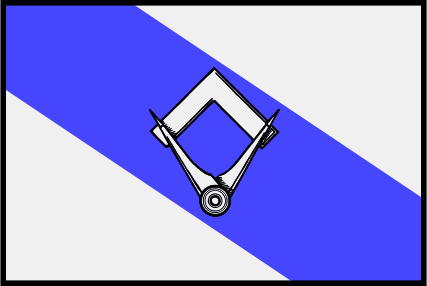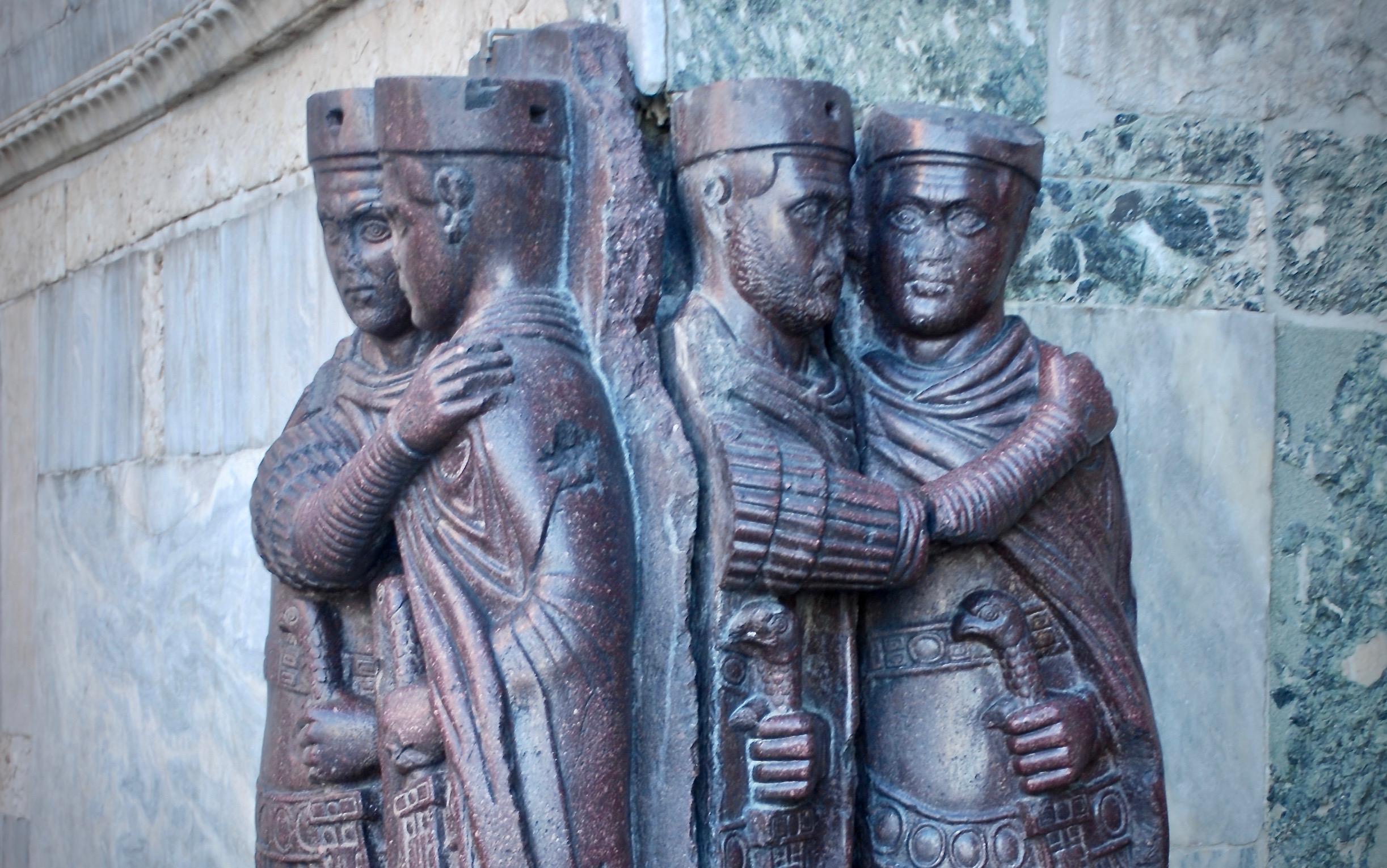City-State of Kirchzing
A curious place to visit, the city of Kirchzing itself is best described as being one giant workshop as opposed to a place of residence, and a visitor there will find themselves tripping over a mechanical ‘marvel’ or ‘mischief’ at every corner. The air of the whole city, and often the surrounding countryside is tainted with the smells of various chemical concoctions and metals, which is quite unpleasant, and may well be the source of city-state’s inhabitants more eccentric tendencies….Extract from Maximilian Hoherberg von Zottehal’s History of the Known World. Since the collapse of the Kingdom of Reinhart, and the subsequent deregulation surrounding activities related to technological experimentation and development, that many in the royal court had felt was as dangerous, if not potentially more so than Magic, the city-state of Kirchzing has been able to give itself over, almost entirely to seeing what it is possible to create using the most advanced technology that they currently exists, and how this can be developed to open up even more technological doors and avenues for investigation. The city-state is now a hub of technological development, though the vast majority of this is not focused on making an immediate difference to everyday activities, and most of the inventions that are produced by the engineers and craftspeople of Kirchzing are often dismissed as being unnecessary, unpredictable and unreliable curiosities. There are, however, a number of inventions that the city-state exports across the continent of Turoza, and occasionally beyond that have acquired a more prestigious reputation, and it is from these inventions (see below) that the city-state is not only able to collect enough money to survive, but also continue funding their technological curiosity.
Structure
The city-state is run through a Technocratic system, whereby the most skilled craftsperson can be voted into the position of Technocrat, the head of state, a position that they hold for five years, after which they must relinquish the office and are given the curtsy title of Technocrat Emeritus. All living Technocrats Emeritus are given a seat on the Technocratic Council which acts as an advisory body for the Technocrat on matters of state. Any decision or recommendation that they come up with is technically non-legally binding, but it is highly frowned upon for a Technocrat to ignore the Council.
In order to be considered for the position of Technocrat, a citizen of Kirchzing must have achieved the level of Master Crafter, a position that any one, theoretically in any field or occupation in the country can apply for, and which is awarded through the successful completion of an incredibly exacting series of technical tests. Those appointed as Master Crafters are often selected to hold offices of state under the Technocrat, where they are able to oversee parts of the governmental institution of the country, and will often lead departments of civil servants who do most of the bureaucratic work.
Assets
Kirchzing’s greatest asset is the network of workshops that are spread across and beneath the city of Kirchzing itself, that work tirelessly to produce and innovate technological items that can be hopefully exported and sold to the wider world. Even though the vast majority of the inventions that come out of Kirchzing’s workshops have not found traction on the open market, there are several items that have, and that are widely exported as either luxury or more practical items. This includes items such as the Clockwork Carriage, which are exported as luxury, and very expensive items to the richest citizens of Turoza's nations. A more mundane, but popular export from the city-state are Kirchzing Locks, which is an intricate and highly secure locking system that can be used in both padlocks and integrated locking systems, such as those on strong boxes and chests. The city-state has also been known to provide, at great expense, small numbers of their Military Automata to private buyers, though these transactions are a closely guarded secret, and do not tend to occur that often.
A large amount of the more common material components that are needed to fuel the technical production industry of Kirchzing can be provided from the mines that run beneath the city of Kirchzing and the Felsspitze Mountains to the north. Fortunately the city-state is located near plentiful veins of iron, copper, tin, silver and gold, which are all vital to the production of the state’s main technological exports, and which are themselves exported in not unreasonable amounts. Kirchzing does still have to import specialist components and materials on a regular basis to facilitate the completion of their projects, and produce their more complex innovations, but being so lucky in their local supplies of metals does mean that their costs are offset somewhat.
Kirchzing has given over all of the land that is in its territory, that is not included in the footprint of the city itself, over to agricultural activity, and this land is predominantly very fertile. However, as the city-state does not own a large amount of territory, the produce generated by this agricultural activity is never enough to completely fulfil the needs of the population, and so Kirchzing has to be a large importer of food stuffs.
Demography and Population
On the whole, Kirchzing is a relatively egalitarian place to live, not because this is embedded into the political or social systems of the state, but because so many of its inhabitants have livelihoods that are either very similar, or are intrinsically linked with each other, and therefore liable to be affected by the same economic upturns and downturns. In addition, because so many of the population work in the technical workshops, which requires a high level of technical knowledge and a good standard of literacy and numeracy, there is a much greater percentage of well-educated people in Kirchzing than in other nations in Turoza.
There are, or course stratifications with regards to the economic situation of Kirchzing’s inhabitants. Whilst most of the population sit in the middle bracket in terms of their earnings and wealth, there are a significant number who sit in the lower bracket, most of who work either in agriculture or in mining, and there is a small percentage that sit at the top of the heap in terms of wealth. The wealthiest citizens of Kirchzing include those that have been promoted to the level of Master Crafter and higher, who are embedded in the administration of the city-state, or who are involved heavily in trade. As the city-state is so heavily dependent on imports and exporting, merchants, even fairly mediocre ones, always have an opportunity to make a great deal of money there.
Given the city-state’s focus on technology, it is unsurprising that the vast majority of the nation’s inhabitants are Gnomes. This means that the other non-Gnomish inhabitants of Kirchzing will tend to be individuals from races that are shorter in stature, as the majority of the infrastructure is geared towards those of 4ft or less in height. There is a strong, though minority population of Halflings in Kirchzing, most of whom are based outside the city itself and instead dominate the operation of the city-state’s agriculture, and there is even a reasonably large population of Goblins, who predominantly live in the underground portion of the city, and who share the Gnomish majorities penchant and natural intuitiveness for delicate, technical craft.
Territories
Kirchzing’s territory is comprised of a narrow strip of land, that is no more than three miles wide and about 10 miles in length, that runs from the foot of the Felsspitze Mountains to the shore of the Estrill Ocean, and which is bordered by the Dukedom of Zottehal to the west and the East Riding to the east. This land is predominantly quite fertile in terms of its agricultural potential, which means that the vast majority of it, bar the footprint of the city of Kirchzing itself in the north of the country has been put aside for farming related activity. This agricultural activity is exclusively geared towards supplying the city with food and other produce, which goes a long way towards meeting its needs, but does not fulfil them entirely. The small amount of coastline that Kirchzing has is relatively flat, and has allowed them to establish a small port there to facilitate the import and export of goods from the city’s workshops.
Military
The city-state does maintain a small ‘traditional armed force’ of no more than 500 full-time soldiers, whose duties are primarily focused around garrisoning the city of Kirchzing itself, and also patrolling its borders. In addition there is a corps of around 200 Military Engineers, whose primary duties revolve around the production and maintenance of the various bits of experimental kit that have been issued to the regular soldiers, and also keeping Kirchzing’s force of Military Automata in good working and combat order. These automata, which number at roughly 300 working units in active service at any one time, fulfil a number of duties, which can range from scouting and reconnaissance duties and tactical support for regular troops through to being fully fledged combatants in their own right. These Military Automata are the most advanced of the mechanical golems and automata that Kirchzing’s engineers have produced, and they require specially designed and magically augmented components and materials to enable them to function. Though they are prone to malfunctioning, they can be incredibly effective when they operate to their maximum potential.

Type
Geopolitical, City-state
Demonym
Kirchers
Government System
Technocracy
Economic System
Mixed economy
Official State Religion
Parent Organization
Neighboring Nations




Comments